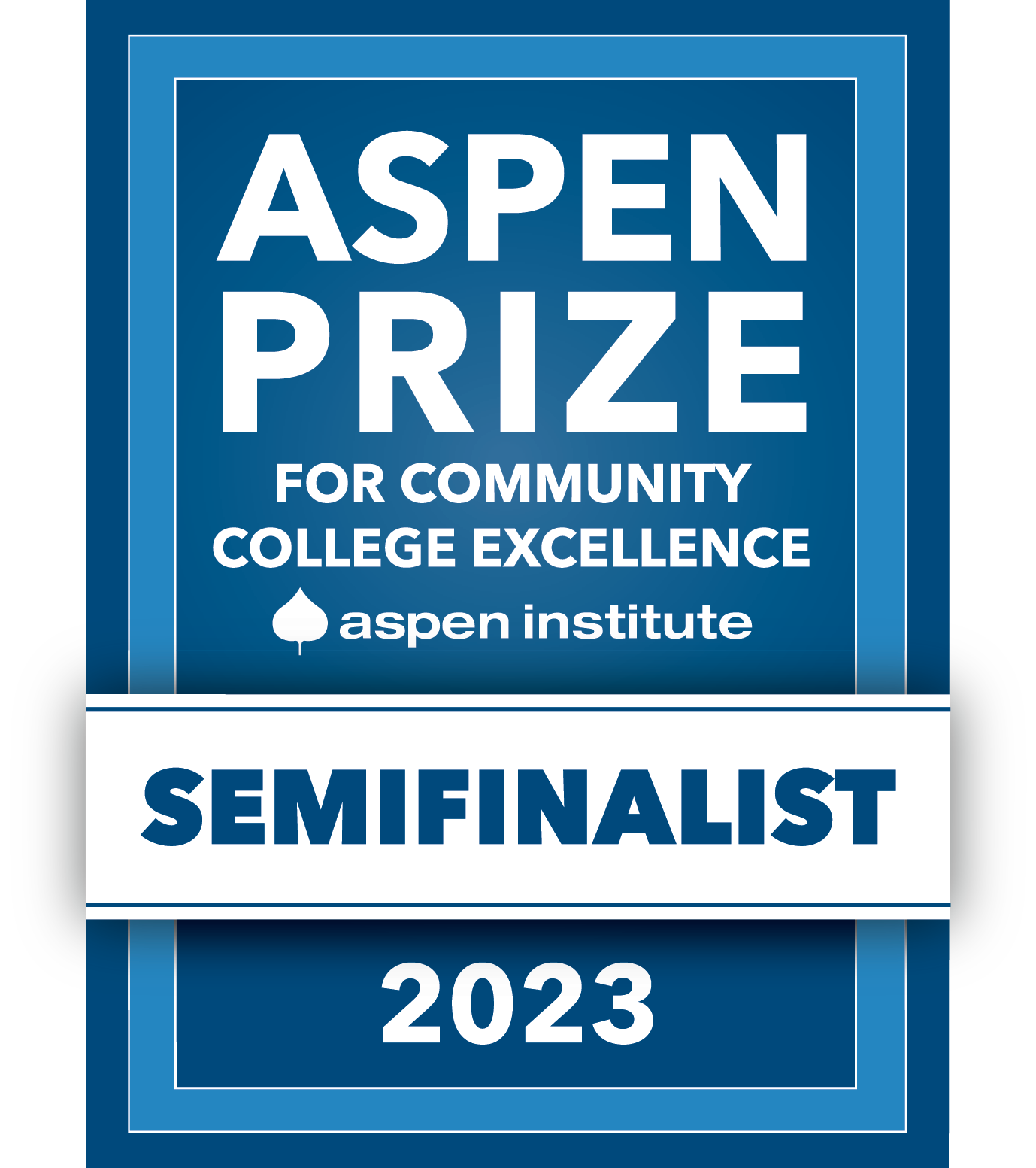- Welcome
- Campus Maps
- History
- Mission Statement
- Accreditation
- Administration
- Employment
- Human Resources Employment Process FAQ
- Position Vacancies
- Salary Schedule (PDF)
- Employee Benefits
- Paid Holidays
- Employee Handbook (PDF)
- Faculty Handbook (PDF)
- BENCOR Special Pay Plan (PDF)
- Social Security Collection and Usage
- Affordable Care Act Notice (PDF)
- Social Security Disclosure Summary (PDF)
- Tobacco-Free College
- Drug-Free Workplace & Campuses
- Technology Usage Acknowledgement (PDF)
- Employee Safety Manual (PDF)
- SFSC’s Annual Security and Fire Safety Report (PDF)
- Calendars
- News
- Social Media
- Honoring Our Retirees
- Celebrating Our Trustees
AVON PARK, Fla. – Jan. 5, 2017 – South Florida State College’s Museum of Florida Art and Culture will offer a two-day workshop introducing artists and non-artists to batik, an Indonesian-style cloth painting technique using wax on Feb 17 and 18.
“The workshop will also introduce students to rozome, a Japanese-style batik process,” said Muffy Clark Gill, an artist who will lead the workshop. “Using both techniques, anyone can create unique artwork on fabric that can be used with everyday household objects, clothing, or works of art.”
Gill said the workshop will employ environmentally-friendly soy and bees wax and fiber reactive dyes for vivid colors. She said the technique is ideal for silk painters, fiber artists, or anyone who would like to work with fiber to add new techniques and ideas to their toolkit. Artists of all abilities are invited to attend, Gill said.
Gill, a professional batik artist, has shown her work in more than 70 regional, state and national juried exhibitions.
The workshop runs from 9 a.m. to 4 p.m. on Friday, Feb. 17, and Saturday, Feb. 18. In the Friday session Gill will focus on simplifying designs, introduce the materials, and help students create dye and wax. In the Saturday session she will concentrate entirely on teaching the batik technique.
Gill will lead the workshop in Building A, Room 16, on the SFSC Highlands Campus, 600 W. College Dr., Avon Park. The workshop costs $75 per person, plus an additional $20 fee for instructor-provided supplies, which include stencils, soy and bees wax, dyes, and 2 silk handkerchiefs
“We encourage everyone to bring lunch each day,” said Megan Stepe, MOFAC’s curator, who organized the workshop. “We want folks to hang around so that they don’t want to miss out on any fun time.”
Stepe said workshop participants should bring a sketchbook, some of their own designs and symbols for reference, two small clean white towels, a few clothes pins, 20-by-20-inch wooden stretcher bars or commercial system for stretching fabric, push pins, four to six small glass jars (baby food jars are ideal), and any Japanese or Indonesian wax, dye, brushes, or tools they may own.
Workshop participants can find supply sources at these websites: dye, www.prochemical.com; Thai silks, www.thaisilks.com; and www.dharmatrading.com. Stepe welcomes participants to contribute these communal supplies: heavy duty orange extension cords, electric wax and frying pans, electric blender, iron and ironing board, duct tape, and newspapers.
For more information about the batik workshop or MOFAC and its programs or to request a museum tour, email Stepe at stepem@southflorida.edu or call 863-784-7240. Visit the MOFAC website at mofac.org.




